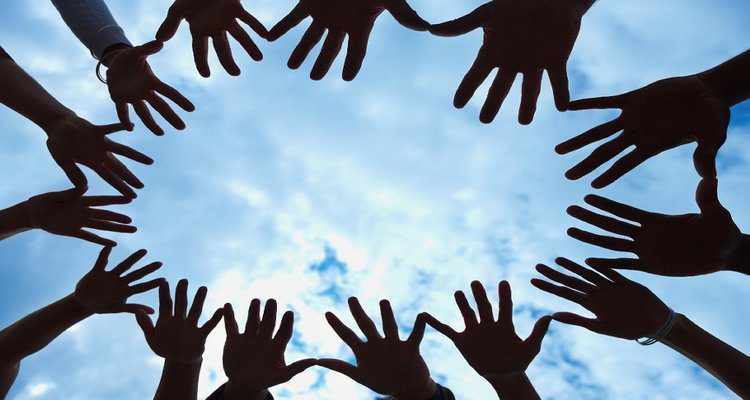Many of us have the habit of going over newspapers in the morning, which are now mostly becoming electronic.
A few days ago, one headline caught my attention: “Patients often detained at hospitals in developing nations if they can’t pay bill, report says”. My eyes were out on stalks as I read this. According to Chatham House, UK Royal Institute of International Affairs, there were more than 950 cases of such detentions and abuse between 2003 and 2017. They also reported around 400 patients detained in a specific hospital in Kenya back in 2009. The Guardian recounted that “patients too poor to settle medical debts are chained to drain pipes, starved and abused in health centers across parts of Africa and Asia”. Abuse cannot be condoned. Injustice cannot be accepted.
The matter is no different when it comes to being a Lebanese citizen. If you don’t have the leverage to pay upfront, and your health happens to be at risk, you will be denied medical care. Most patients who lack private insurance are forced to suffer with their sickness which could probably end with their passing– a reality stakeholders and officials should fully recognize and act upon.
When this happens in healthcare institutions, the matter becomes more ominous and disquieting. It leads to a slippery slope that no person with a minimum modicum of decency can accept.
Inability to afford medical care is a rampant problem particularly as the gap keeps on widening between those who are financially well of and those who are not. Many fellow humans fall below the standards of dignified existence in a world where super rich people become richer not kinder. Detaining people in healthcare institutions because they have not paid their medical bills is a clear breach of international human rights, yet the world is as silent as can be.
When it comes to healthcare, “he who pays the piper plays the tune” should not apply. People go to healthcare centers when their autonomy has been fractured due to an illness or disease. They are vulnerable humans in need of medical assistance. While it is true that healthcare centers are not charity organizations, abusing the underprivileged and detaining them is analogous to a horror tale where all of a sudden, the caregiver metamorphoses into an abuser.
Does this mean that medical care should be free? Ideally, yes. Models of universal health care has been successful. However, entirely free medical care is not a solution in the works for many countries, including Lebanon.Healthcare institutions need to support themselves in order to ensure healthcare delivery.Others need to be supported by the government.
Some healthcare centers request more fees than others. This is often, though not always, justifiable in order to ensure the working of the center and its delivery of top medical care. Yet, this does not mean that those who cannot afford treatment should be denied treatment or are treated in a demeaning manner. Matters need to be addressed. Public healthcare centers should be better equipped and more trained in medicine. Patients who cannot afford to pay should be allowed to be treated by helping them via an NGO, available funds, or other means.
If we all are willing to donate the price of a cup of coffee to a healthcare fund every morning, many fellow humans would be able to celebrate the holidays in a much better light.
Around this time of the year, most newsprints are decorated with advertisements including mistletoes, Christmas trees, and fancy gifts gracefully wrapped in a plethora of beautiful colors, many costing exorbitant prices which renders the vendor stupefied when buyers purchase them: some amount to considerably more than his/her salary. Some of us feel ashamed to be happy while others are not. If we all decide to ‘share our fate’ and offer our share to help the needy, what a wonderful world that would be.


